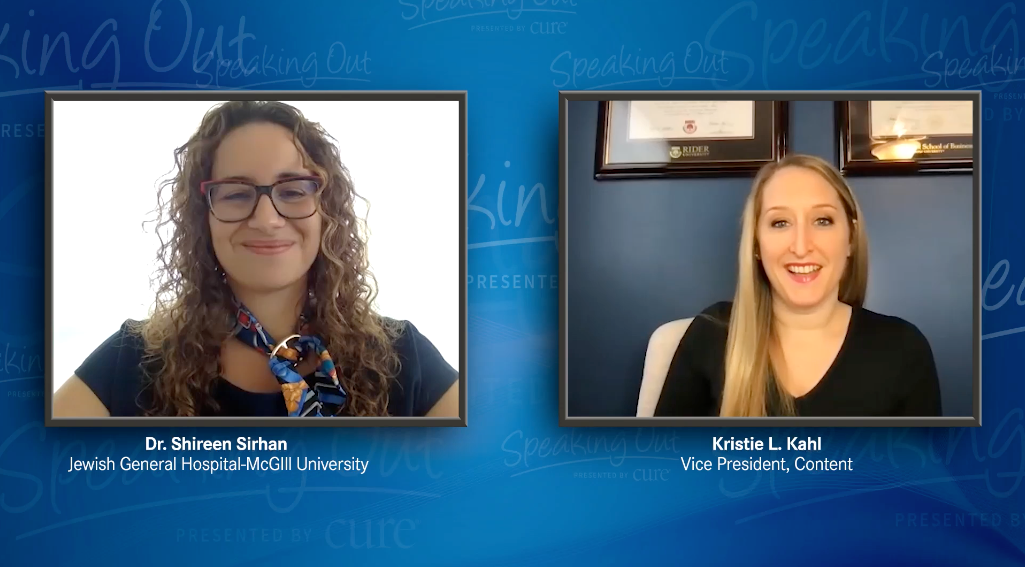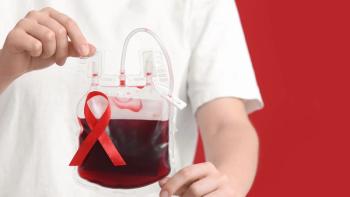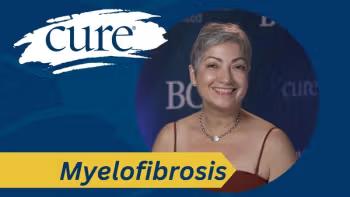
Caring for the Caregiver: Expert Emphasizes Loved Ones of Patients with MPNs Shouldn’t Take This Role on Alone

On behalf of the Canadian MPN Research Foundation, CURE spoke with Dr. Pierre Villeneuve, from the University of Ottawa, about the role of caregivers after an MPN diagnosis.
Kristie L. Kahl: We talk to patients about being their own best advocate, but can you also talk about how caregivers serve as an advocate for their loved ones with MPNs?
Dr. Pierre Villeneuve: It's important to appreciate to answer that question, how much the MPN diagnosis can affect a patient’s life. And very different levels cause lots of anxiety’ people's life expectation; work-life balance is affected financially. All of this poses a significant amount of stress. And it is important to recognize that people need help. And you cannot, as a health care provider, just treat the disease. And I think a care provider, or a caregiver, can help patients navigate through the different stresses associated with the disease. And I do think, and I always encourage patients to bring somebody with them, but also to have people at home and to be very open about their needs. And I think caregivers play an absolutely integral role in managing this often-complex disease.
Kristie L. Kahl: How can caregivers or a patients’ loved ones learn more about MPNs so that they can help to advocate for their loved one?
Dr. Pierre Villeneuve: Yeah, so it's a very good question. So I think part of the challenge is that there's no single source, but there's certainly sources that are probably more reliable, and probably more adapted to the needs of patients and caregivers. So oftentimes, in my experience, at least talking of MPN, I find that, you know, the cancer societies and MPN groups and MPN support groups are probably the best place to start, because you'll have information about the disease history, the genealogy, about the way the disease manifests symptoms, but also helpful information about how to navigate the disease in terms of the different treatment options. And sometimes also information about all the resources available, so social worker, you know, psychological, and as well as medical support, and, and also information about maybe where's the best place to get the treatment that you need. And if you're interested in clinical trials, see where the clinical trials are available, and this information will often be available in cancer societies. And that, of course, depending on which state or which province in Canada, you have the different patient groups may be more or less helpful, but in general, there will be your best place to start.
Kristie L. Kahl: Cancer obviously affects more than just the patient and being a caregiver can come with the psychosocial effects, financial toxicity, etc. Are there resources that you can recommend for our caregivers to visit?
Dr. Pierre Villeneuve: I think it's a very good point. A very good place to start is the support groups, because, first of all, they will help patients to understand or appreciate that they're not alone. And I think that's reassuring, just that by itself decreases anxiety. But also, patients will relate more to another peer that has the same disease, same challenges in terms of what to expect, but also, they will be very helpful to figure out what are the resources locally.
One thing that is very confusing for patients to hear about your treatment, but that may not be relevant, it may be offered in a different country or the drug may be available only in the context of a clinical trial or the drug is simply too expensive, or the patient maybe has contraindication because of their comorbidities. So the support groups are very helpful, but also the local cancer care societies and if they have an MPN section, which most groups or cancer societies now have. So the one that I use, and I refer patients to the most is the Leukemia Lymphoma Society because it has brought a good level information that is also accessible to patients. It's not too medical, but it's also detailed enough that it is helpful for patients.
Kristie L. Kahl: What would you say is your biggest piece of advice for someone who's caring for an individual with an MPN?
Dr. Pierre Villeneuve: So, I think it is a challenging task. And it's very humbling, I think the dynamics of the interaction will change as somebody becomes more dependent, in one way or another. And I think that's probably part of the challenge to recognize and to navigate that shift in the power dynamics, if you will. The outcome along with that comes the expectation that somehow the caregiver will come with all the solution, which of course is not possible. That's why there's a health care team. That's why there's additional support.
But I think one of the challenges that the caregiver may feel like they need to do everything. So deal with the financial toxicity, deal with knowing everything about the different trials, the different toxicities, ensuring that a patient is always on time and is able to stay at their hotel or all the logistical aspects that go with sometimes some of the more challenging situations. So I think that can take a toll on the caregiver.
And it's also important that caregivers recognize that they cannot do everything and they can share the responsibility with other caregivers. It doesn't have to be one person. One can be the one going to the clinics, asking the question, being a note taker, advocate for the patient. And the other one may be more helpful for more logistical or helping at home, for instance. And so I think sharing responsibility may be helpful, but also recognize that they can also ask for help and and talk to their team, their physician team that are immersing and say, “Okay, we're having these challenges, can you help?” And usually, either at the different clinics, but also through cancer societies through slots of support that can be provided. I'm always amazed by how helpful people can be and how resources so there's always fundraisers and money available for different aspects of patient care. It's not just for research money, but also to provide with stuff like taxi tickets, for instance, or hotel vouchers and which is goes a long way in reducing the stress of patients navigating through these PCs and caregivers.




